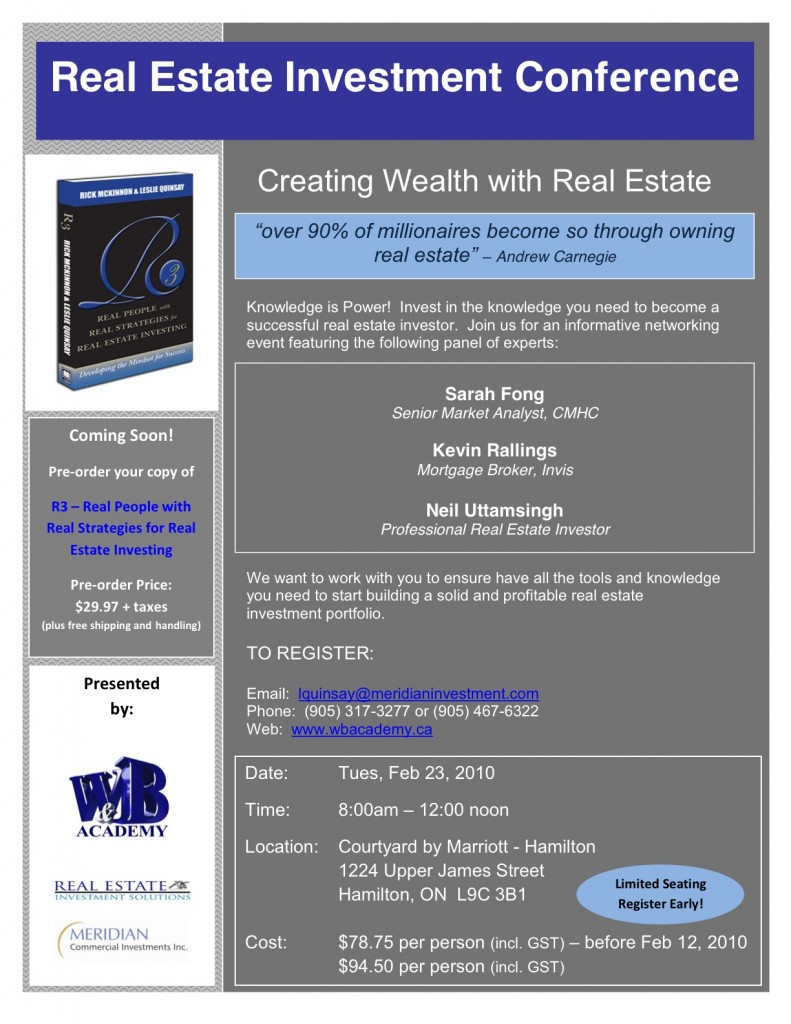What’s up Everybody?
If you are new to real estate investing, and are looking to buy your first rental property, there are many things for you to consider.
One very common question that new real estate investors ask is,
“Where should I buy my first rental property?”
I recently polled experienced real estate investors who each owned multiple rental properties. I asked these investors if they had purchased their first rental property close by to where they live, or far away from where they live.
These investors revealed that there are generally 2 schools of thought as to where a new investor should buy their first rental property.
As you may have guessed, the results of the poll were split. Half of the experienced investors had purchased their first rental property close by to where they lived, and the other half had purchased their first rental property far away from where they lived.
How Far is Too Far?
The furthest distance that one of the investors ended up purchasing their first rental property, ended up being thousands of kilometers away from where they lived.
Are you surprised?
If you are, don’t be…because this is not uncommon.
A number of real estate investors actually do start out with their first rental property very far away from where they live.
Why would someone purchase a rental property so far away?
Often times, people end up buying a rental property very far from where they live because of a better opportunity. Not all cities and towns make for good places to invest. As such, if you find yourself living in a place where there is no upside to the real estate market, it is very wise to invest in another city or town.
Once an individuals begins to research the different cities and towns in their respective country, they may find a much better opportunity to invest many kilometers (or miles) away!
The Key to Success if you buy ‘far away’
If you end up purchasing your first rental property thousands or hundreds of kilometers (or miles) away from you, you better be well organized…otherwise your investment could end up being a disaster!
The experienced investors that took my poll spoke about one very important key to success with purchasing a rental property far away from where they lived.
The key to success of the investors that purchased far away from where they lived was that they had a very good property manager, and a strong real estate team.
This variable was absolutely critical to the success of these real estate investors.
Why purchase a rental property so far away, when you can purchase close to home?
On the flip side of the coin, many real estate investors who purchase their first rental property, end up buying a rental property close to where they live.
Sometimes these investors are fortunate in that they live in, or close by to cities and towns that have great real estate markets and a very solid economic future.
As as an example, many real estate investors living in Southern Ontario in Canada, are located in a great location. This is a great location as there are at least 10 strong cities and towns to invest in all within about an hours drive.
The disadvantage to buying close to where you live
With the good there is also the bad.

Sometimes people who end up buying a rental property close by to where they live, obsess about it too much. This obsession is not beneficial because at the end of the day, it does the real estate investor no good.
This obsession can take on the form of… constantly driving by the rental property.
During these drive bys the real estate investor often can become too concerned about the physical appearance of the exterior of the property. I have known real estate investors to grumble that their tenants had not cut the grass, or that they had not picked up the flyers from the front porch.
The funniest story I every heard about an obsessed landlord/real estate investor was quite scary actually. This landlord was always so concerned about the physical upkeep of the property, that he came by one afternoon without notifying the tenants and started to sweep with a broom the outdoor porch, that was connected to the property. The tenants came out of the house, as they heard some noise on the porch, and they saw their landlord there standing with a broom. The funny part is that the porch wasn’t even dirty at all. The landlord had some explaining to do…
If you own a rental property close by to where you live, there is no need to obsess about the property. This will do you no good.
So there you have it. There is no simple answer as to where you should buy your first rental property.
It can be close by or far from where you live.
If you do buy the property far away from where you live, please make sure that you have a very good property manager and a strong real estate team that you can rely on.
To keep up to date with my blog please click on the orange RSS button at the top right hand corner of my blog.
To receive the new First Rental Property Newsletter with tips on how to buy your first rental property, please enter your name and e-mail address in the form at the right hand side of the blog.
Onward and Upwards!
Neil.
[youtube]http://www.youtube.com/watch?v=emN0qGCjtIw[/youtube]










